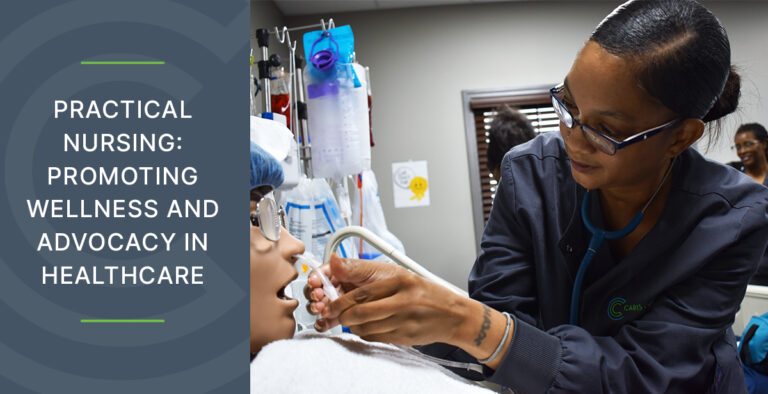In the ever-evolving healthcare industry, practical nurses play a crucial role in promoting wellness and advocacy for their patients. Their contributions go beyond clinical duties, encompassing patient education, support, and advocacy. This blog explores the importance of promoting wellness and advocacy in healthcare through practical nursing.
The Role of Practical Nurses in Promoting Wellness
Patient Education and Empowerment
One of the key responsibilities of practical nurses is educating patients about their health conditions, treatments, and preventive measures. By providing patients with the knowledge they need, practical nurses empower them to take charge of their health. This involves:
– Explaining Medical Conditions: Breaking down complex medical terms and conditions into understandable language.
– Teaching Self-Care Techniques: Guiding patients in managing their conditions at home, including medication management, diet, and exercise.
– Promoting Preventive Care: Emphasizing the importance of regular check-ups, vaccinations, and healthy lifestyle choices to prevent illnesses.
Holistic Care Approach
Promoting wellness in healthcare requires a holistic approach, considering physical, emotional, and social aspects of health. Practical nurses adopt this approach by:
– Assessing Patient Needs: Conducting thorough assessments to understand the overall health and well-being of patients.
– Providing Emotional Support: Offering compassionate care and emotional support to patients and their families during difficult times.
– Coordinating with Other Healthcare Professionals: Collaborating with doctors, therapists, and social workers to ensure comprehensive care for patients.
Advocacy in Practical Nursing
Patient Advocacy
Practical nurses serve as advocates for their patients, ensuring they receive the best possible care. This involves:
– Communicating Patient Needs: Acting as a liaison between patients and healthcare providers to ensure patients’ needs and preferences are heard and respected.
– Ensuring Patient Rights: Protecting patients’ rights to informed consent, privacy, and confidentiality.
– Addressing Barriers to Care: Identifying and addressing any barriers to accessing healthcare, such as financial constraints or language barriers.
Community Advocacy
Beyond individual patient care, practical nurses also engage in community advocacy to promote public health. This includes:
– Health Education Campaigns: Participating in or organizing health education campaigns to raise awareness about common health issues and preventive measures.
– Community Outreach Programs: Involvement in outreach programs that provide healthcare services and education to underserved populations.
– Policy Advocacy: Advocating for healthcare policies that improve access to care and health outcomes for the community.
Promoting wellness and advocacy in healthcare is a fundamental aspect of practical nursing. Practical nurses are essential in educating patients, providing holistic care, and advocating for their rights and well-being. If you’re passionate about making a difference in healthcare and want to pursue a career as a practical nurse, Caris College offers comprehensive programs to help you achieve your goals. Take the next step. Call us today – 812-952-9791
More on a nursing program
